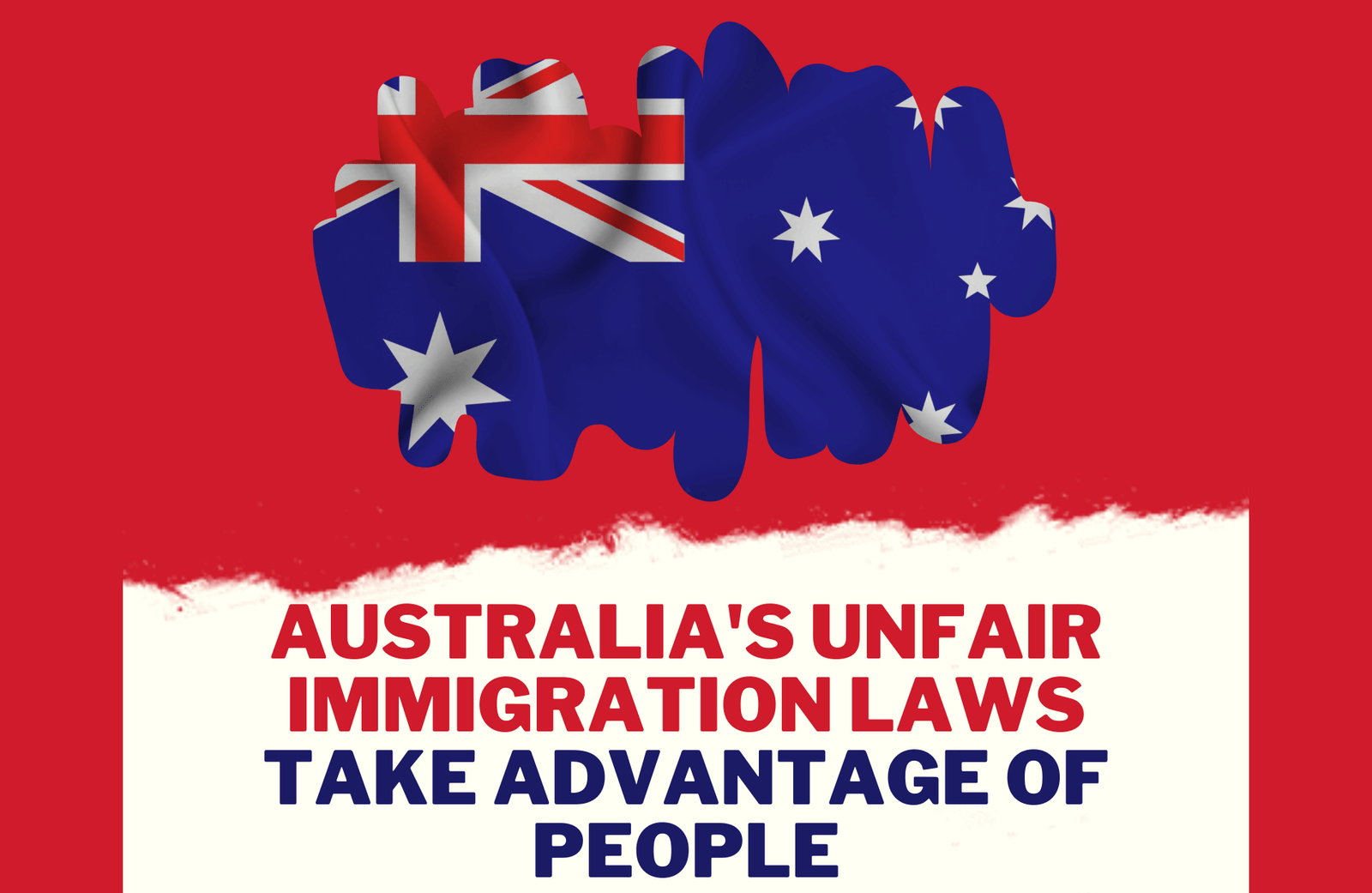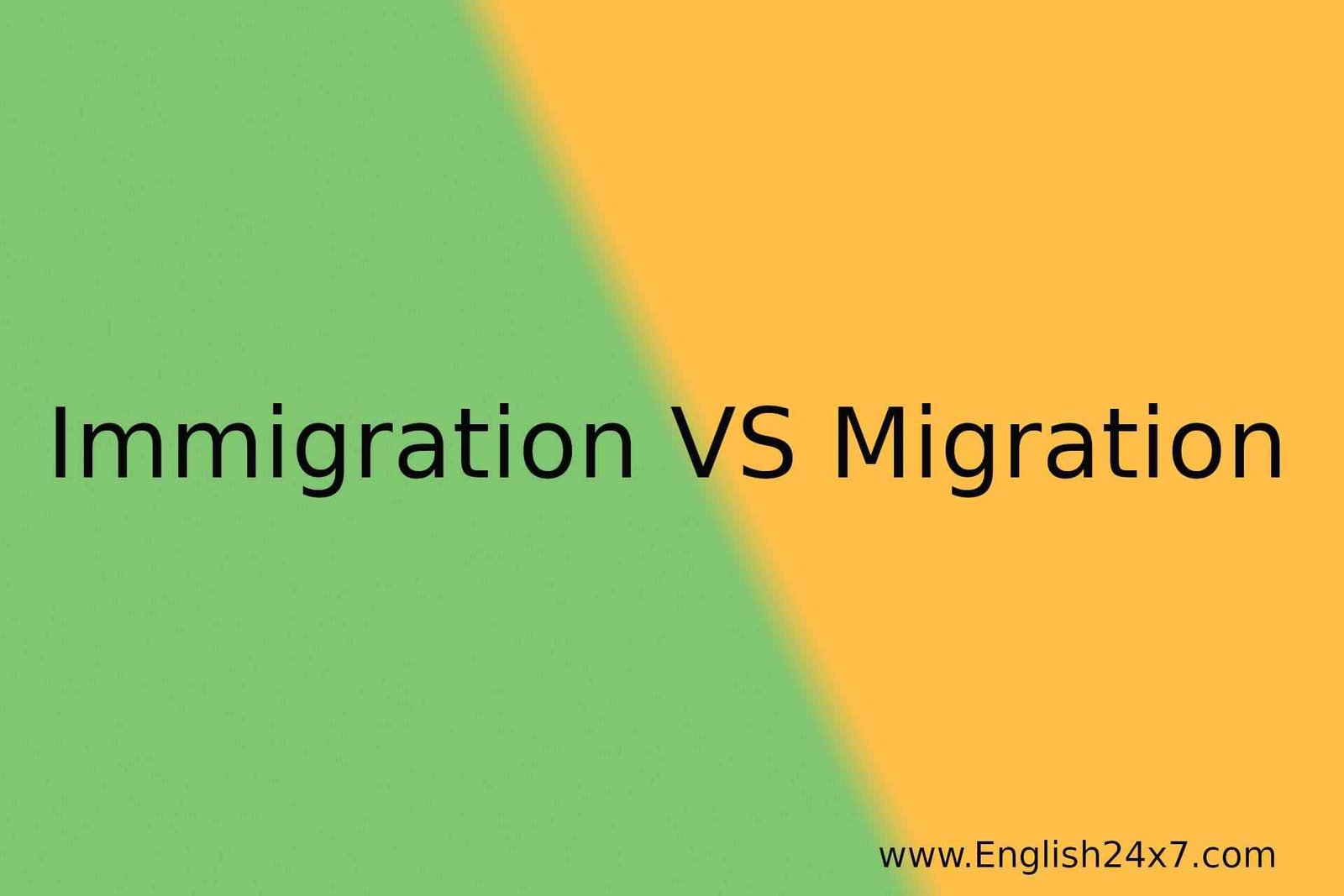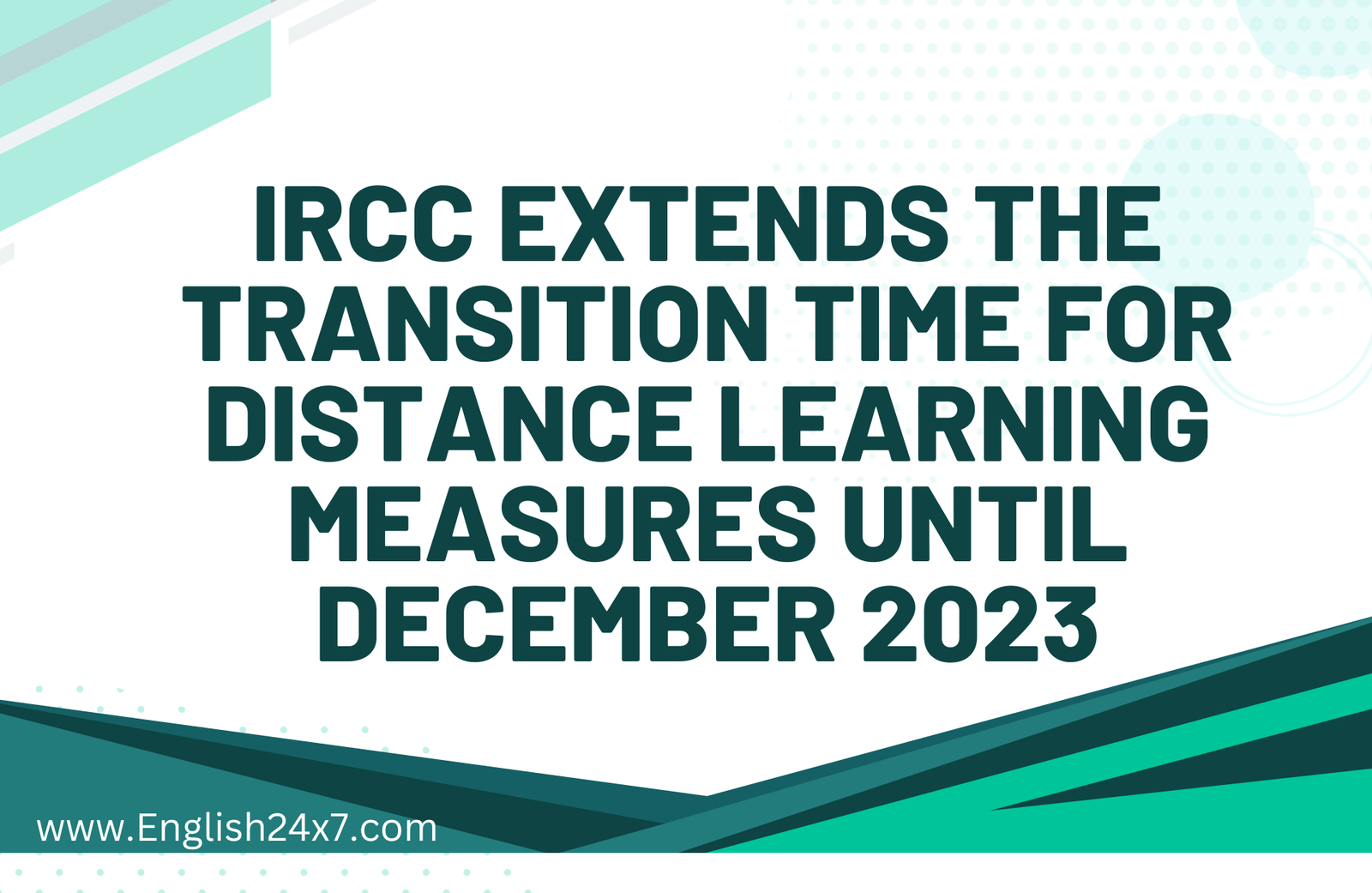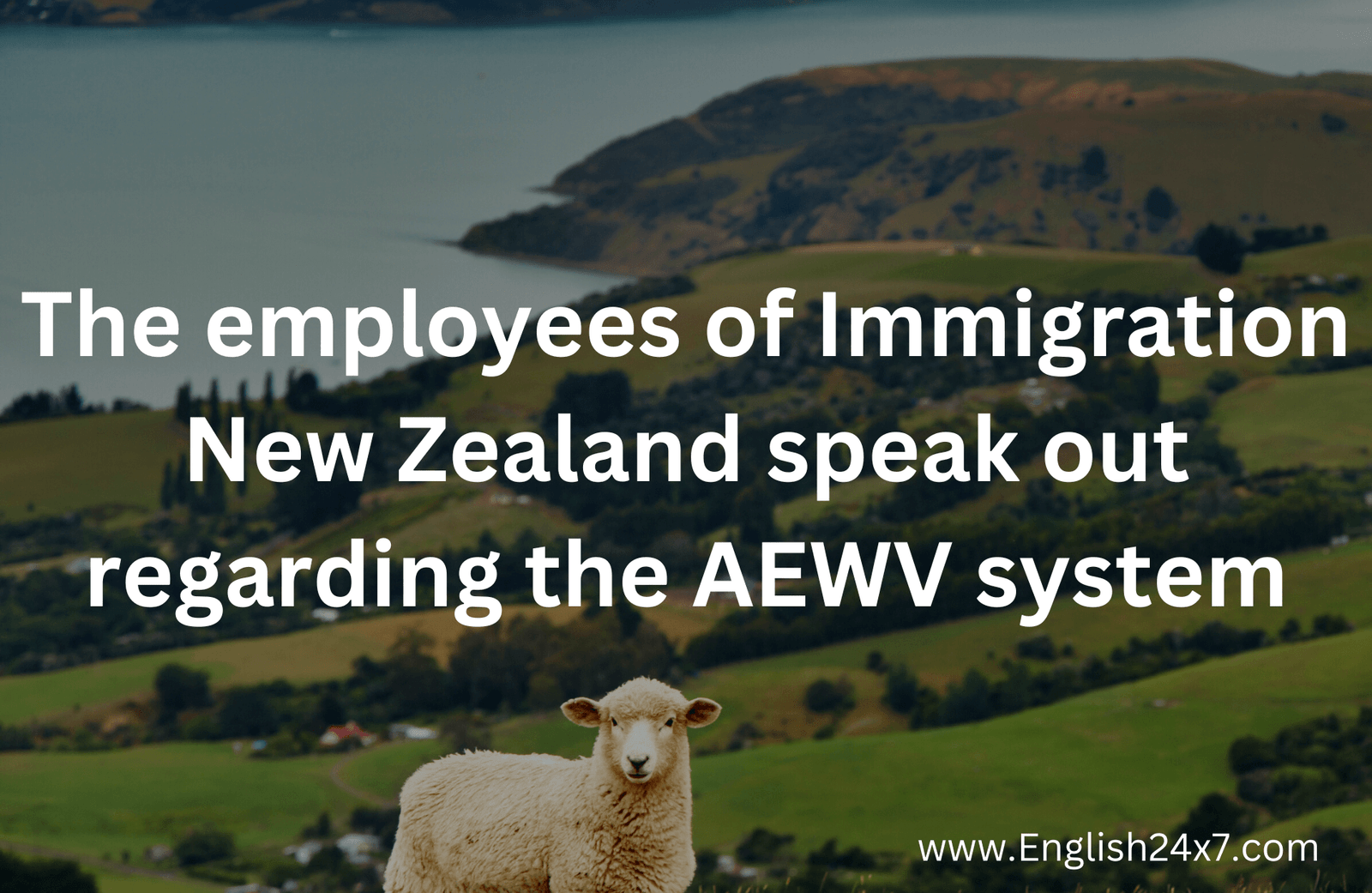
Australia's unfair immigration laws take advantage of people
On March 10, Prime Ministers Anthony Albanese of Australia and Narendra Modi of India met. They talked about how to improve their economic and security ties.
India has been a popular place for Indians to travel to for decades. Many Indians go to Australia to study, work or visit their families.
All of them help the Australian economy in some way, whether it's by paying student fees, paying taxes, or spending money on tourism.
Australia is also known for its permanent residency visas, which are very popular. Many skilled workers can apply to live permanently in Australia if they have critical skills that Australia needs but doesn't have enough of.
But a recent case showed that migration laws are unfair and can be used to take advantage of people.
Aneesh, who works in telecommunications, and Krishna, who is an expert in cyber security, have lived and worked in Perth for a long time.
There are two kids. Because he has Down's syndrome, their 10-year-old son has some mild problems.
Since they had lived here for a long time, the family thought of Australia as their home. However, their permanent residency visa was recently denied, and they were at risk of being deported in a few days.
Even though both of them met the professional requirements for the PR visa, their visa was denied because the government said their child's medical costs would be a burden on the Australian economy. The state of Western Australia has also backed them and put them forward.
I was born in India and moved to Australia, so I keep up with news from both places. I see that the major news outlets in India are talking about how the relationship between the two countries is getting stronger.
The message seems to be loud and clear: Australia is ready to work with India in many areas, from the big show of the cricket match to the security deals and education partnerships.
But I didn't see anything important in the Indian media about this human rights issue. But this was talked about a lot in Australia in the days before Albanese went to India.
The UN Convention on the Rights of Persons with Disabilities is clearly broken by the way this law is used. We are proud to have signed that agreement. We have been telling the government to use different Acts to deal with human rights issues.
We think the government should look at how much a family with a disabled person has to pay in taxes. Once that is done, we think that the tax that the family pays should be taken into account by the government.
When the two prime ministers talked about trade and partnerships in culture, education, and entertainment, they should not have ignored human rights issues because they affect people with ties to India and Australia.
The fact that the two leaders met at a good time may have helped this case. That's probably why Australia's immigration minister gave the visa right before the two prime ministers met when there was a lot of media attention.
But it's important to make people aware of these kinds of unfair laws, and you can expect the Indian ministry to ask for changes to Australia's unfair Migration Act as the two countries start down the long road to becoming partners.







